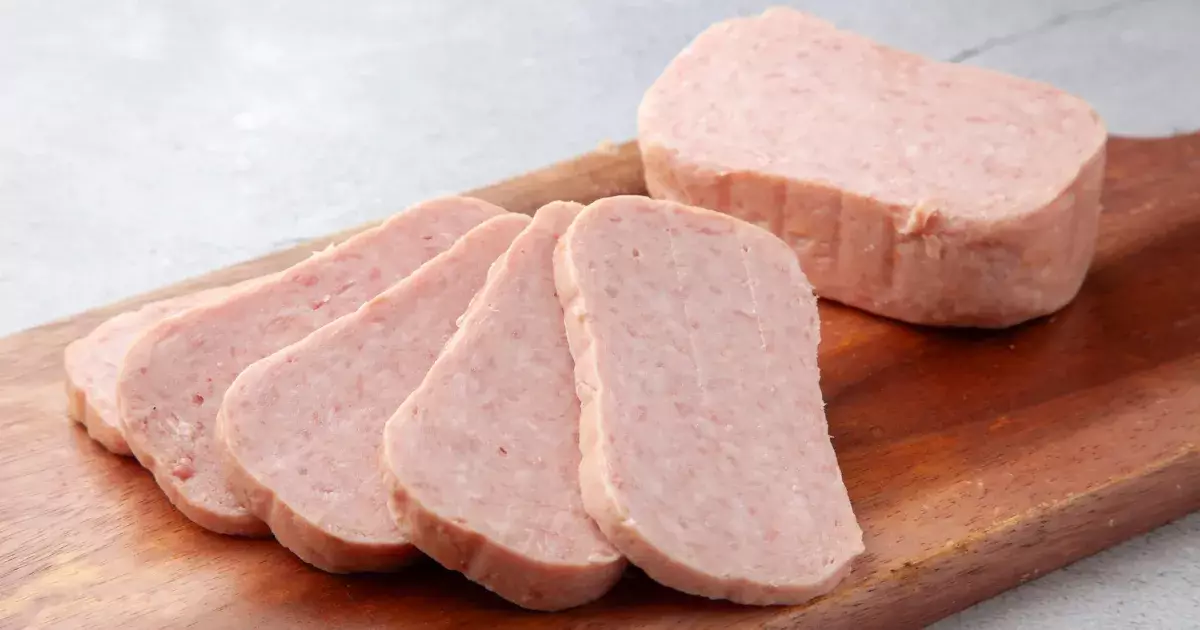When considering your dog’s diet, the type of food you offer is crucial in maintaining their health and well-being. Spam, a widely recognized processed meat product, might seem like an amusing treat to share with your furry friend, but the reality is stark. While it is true that Spam consists primarily of pork, which is not inherently toxic, the additional ingredients raise significant concerns. High sodium levels, excessive fat content, and various additives make Spam a poor choice for your pet’s dietary needs.
The Sodium Scare
At first glance, the notion of giving your pup a taste of Spam sounds harmless. However, a critical examination reveals alarming sodium levels within this processed meat. Dogs have much lower tolerance for salt compared to humans, and an intake of sodium that is excessive can lead to disastrous health complications. Conditions like hypertension and heart disease are already common in overweight or aging dogs, and feeding them high-sodium foods only exacerbates these risks. Severe cases of salt poisoning can even arise from significant consumption of Spam, making it imperative that pet owners remain vigilant about their dogs’ dietary choices.
High Fat, High Consequences
The fat content in Spam is another point of contention. While dogs do require some fat in their diets for energy and overall health, the excessively high levels found in Spam can lead to obesity. Canine obesity is an ongoing epidemic that creates a pathway for numerous health issues, including diabetes, joint problems, and a shortened lifespan. Furthermore, feeding your dog foods rich in fat can increase their chances of developing pancreatitis, a painful and serious condition that may necessitate emergency veterinary care. By choosing healthier options, such as lean meats, pet owners can better protect their dogs from the complications linked to a fatty diet.
Additives: The Silent Threat
Spam is not merely a simple meat product; it is also a concoction of preservatives and additives that pose potential health risks to your furry friend. Ingredients like nitrates, often included to enhance flavor and prolong shelf life, do not belong in a dog’s diet. The long-term consumption of such chemicals may contribute to chronic health problems that go unnoticed until it’s too late. Watching out for your dog’s overall well-being means avoiding foods that introduce unnecessary risks, like Spam.
What to Do If Your Dog Eats Spam
If your dog manages to sneak a piece of Spam, the immediate reaction should depend on the quantity consumed. A small nibble is unlikely to cause harm, but pet owners should remain observant for any negative reactions such as vomiting or diarrhea. If a significant amount of Spam is ingested, prompt consultation with a veterinarian is essential. Your vet can evaluate the dog’s condition, asking vital questions regarding the amount consumed and advising on possible symptoms of dehydration or salt poisoning. Ultimately, this is a scenario best navigated with professional guidance.
Incorporating healthy, balanced nutrition into a dog’s daily regimen is more important than ever. Keeping harmful snacks like Spam off the menu is a straightforward step toward safeguarding your pet’s health for years to come.

